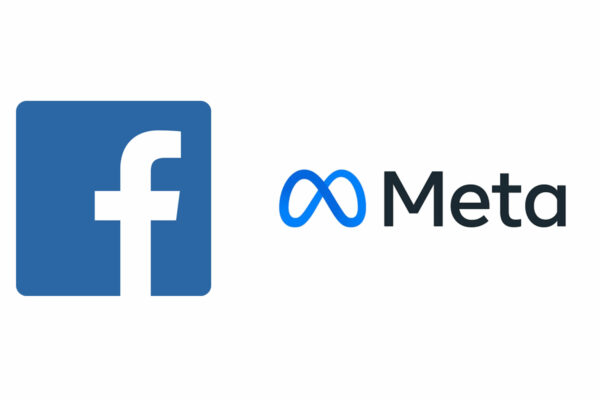The Taliban has released three journalists of TOLOnews on Friday, who were arrested earlier for reporting that the airing of a foreign drama series was prohibited in Afghanistan.
The journalists who were detained are Khpulwak Sapai, Director of TOLOnews, Nafay Khaleeq, Legal Manager of Moby Group, and Bahram Aman, TOLOnews presenter.
“As a media outlet, our activities have never disobeyed the government, but have acted as a bridge between the government and the people. Our job is to communicate the information to the people. As such, our suggestion has always been that any issue related to media or TOLOnews should be shared with us via the Ministry of Information and Culture,” stated Sapai.
In August 2021, the military organisation took over Afghanistan, which has given rise to a major crackdown on the country’s media. Immediately after the country’s takeover by the Taliban, the radio stations replaced their usual Hindi and Persian pop and call-in shows with sombre patriotic music. Beheshta Arghand, a news anchor for TOLOnews, who had interviewed the organisation just days after they seized control of Afghanistan, fled the country two weeks later as she feared for her life.
Recently, the Ministry of Vice and Virtue of Afghanistan had ordered the prohibition of airing foreign drama series, and those reporting on the same could face arrest.
“Some media outlets were broadcasting content that damages our society’s religious sentiments and threatens our national security. The Islamic Emirate is committed to freedom of expression, but will not let anyone to step on Islam’s sacred values under different names and threaten the people’s psychological comfort or our country’s national security,” said the Intelligence Department of the Islamic Emirate.
The arrests have garnered a lot of criticism and reactions from several organisations, globally.
The Security Council on Thursday extended the mandate of the UN Assistance Mission in Afghanistan for 12 months, stressing on the important role that the organisation will continue to play in promoting peace and stability in Afghanistan.
The International Press Institute- The Global Network for Independent Journalism had also issued a statement, which demanded the immediate release of the three journalists. “The Taliban must release Aman and cease its harassment of the country’s journalists.”
The United Nations Mission in Afghanistan (UNAMA), Human Rights Watch (HRW), Reporters Without Borders (RSF), the Afghanistan Independent Journalists Association, Afghanistan Journalists’ Center, Afghan Journalists’ Safety Committee and NAI, an organisation supporting media in Afghanistan, mentioned that the arrest was in violation of principles and laws around the freedom of speech. They also urged the Islamic Emirate to put an end to such “arbitrary arrests.”

